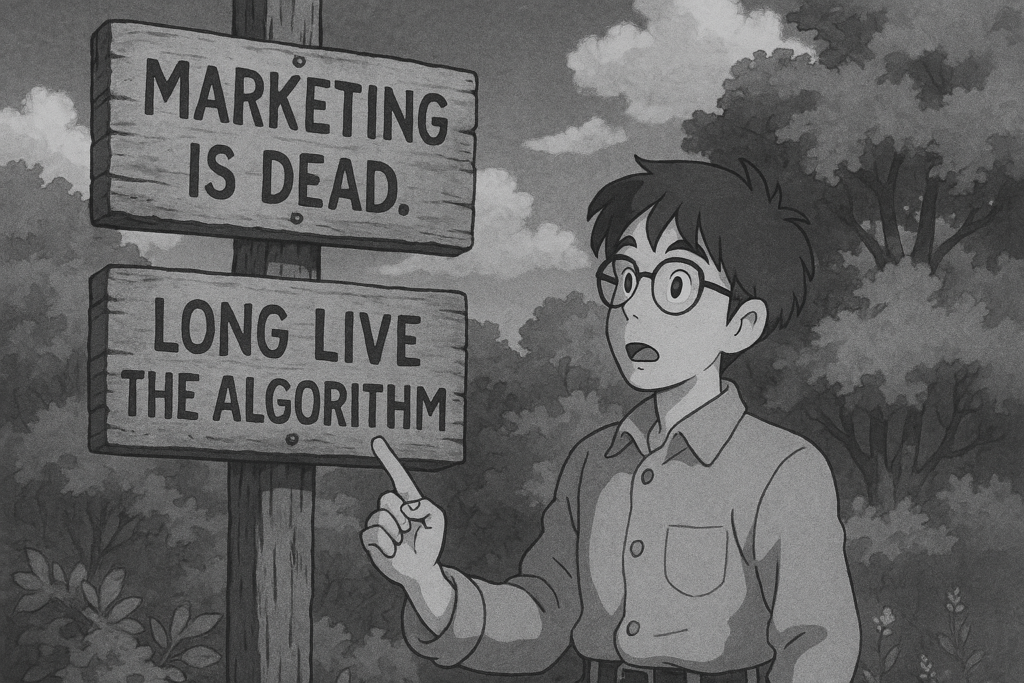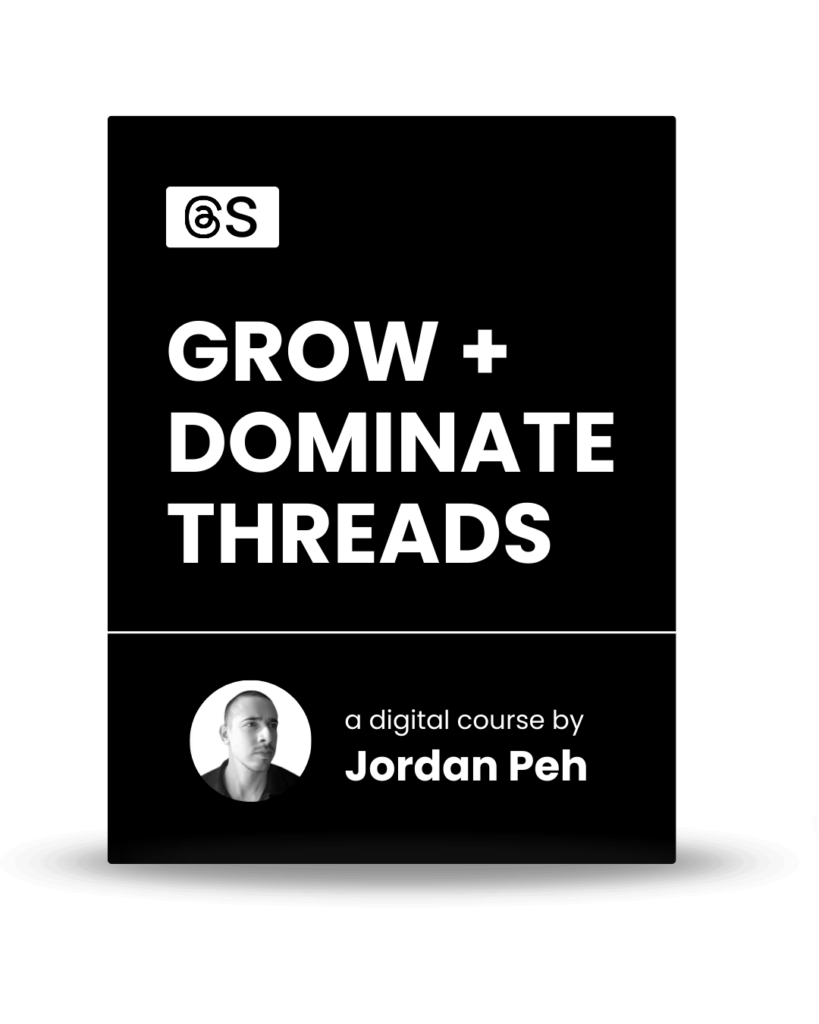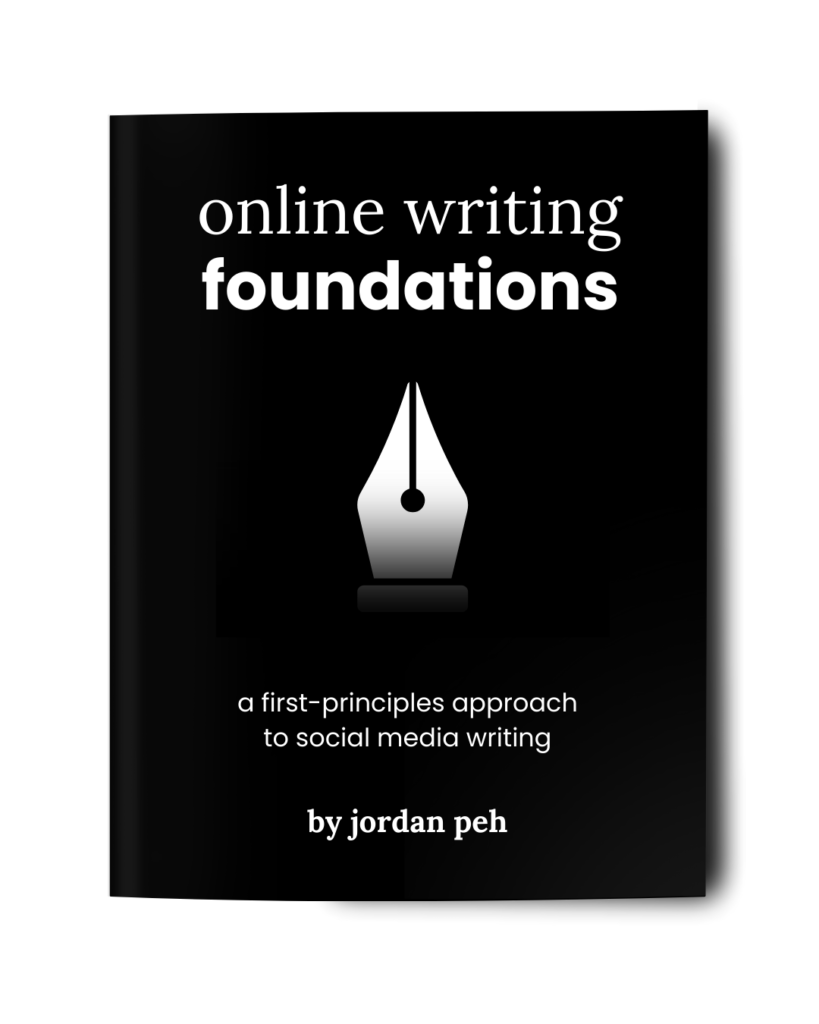
think about how fast things have changed.
first came the machines that made things. engineers built tools that let anyone create without knowing how to code.
then, the machines started writing. not just simple things like weather reports, but real stories that people wanted to read. blog posts. social media content. video scripts. business papers. the whole chain of turning ideas into words that people read.
i even teach how to write faster, better content with ai in Threads OS.
and now? now the machines have learned to sell.
not just by spending money on ads or making fancy plans. they’ve learned the heart of marketing itself: taking a thing, turning it into a story people care about, and getting that story in front of the right eyes and ears.
the wall between making something and selling it is crumbling. the space between “i made this” and “people want this” is shrinking to almost nothing.
the new game
remember when companies needed teams to sell their stuff?
they had people who wrote persuasive words, made pretty images, and figured out who to show them to. those days are ending fast.
today, one person with the right tools can do what used to take twenty. before you finish your morning coffee, they can:
- create a hundred different ways to tell your story
- put them on every site and app where people spend time
- see what works and what doesn’t right away
- change everything that isn’t working
the loop of try, learn, and change again has closed into a perfect circle.
marketing isn’t about planning and doing anymore. it’s about setting up systems that work by themselves.
this isn’t just faster marketing. it’s a whole new game.
what dies, what lives
this new world breaks things we thought would last forever:
the big office full of marketing people? gone. companies will keep one person who knows how to talk to the machines and plug the right tools together. everyone else is just extra cost.
the fancy agencies with glass offices? they’ll become like movie studios – making beautiful, expensive, artistic things that fewer and fewer people need.
the average marketing job? if your skill was following a plan or filling in what others created, the machines now do that better than you ever could.
but most of all, it breaks how we think about building what people know and trust about products. getting attention isn’t something you buy anymore. it’s something you generate.
the whole idea of “brand building” as hard work done by skilled people falls apart.
the strange new world
as this change spreads, our world gets stranger:
too much of everything fills our eyes and ears. the problem isn’t finding content – it’s escaping it.
ads don’t feel like ads anymore. they’re made just for you, based on who you are, what you like, what time of day it is, how you’re feeling. because they can be.
things rise and fall faster than we can track. a viral wave can start, peak, and crash before most people even know it’s happening. today’s big thing is forgotten by the day after tomorrow.
the landscape of ideas becomes more like a fighting pit. with so much being created so fast, only the ideas that grab and hold can survive.
when everything looks professional, what makes us trust changes. we stop trusting things that look perfect and start trusting things that feel real. the small mistakes, the raw edges, the parts that don’t quite match – these become signs that a human was here.
in a world where any brand can look big-budget, the new mark of truth becomes the perfectly placed imperfection.
learning to live here
this isn’t just about business tools changing. it’s about how our whole culture rewires itself.
our brains weren’t built for this much input. our social systems weren’t designed for this speed. our economy wasn’t structured for this kind of creation and destruction.
in the last ten years, the winning skill was knowing what to say. in this decade, the winning skill is knowing what to ask the machines to make – and when to throw it all away and start over.
for those making things, the game changes. does your product matter if a thousand others appear tomorrow? does your story matter if a million stories are fighting for the same eyes?
for those buying things, the filters change. how do you know what’s real? what’s good? what’s worth your limited time and money?
for all of us, the landscape shifts. what used to take months happens in minutes. what used to cost thousands costs almost nothing. what used to require teams requires one person with the right tools.
we’ve entered a time when content never ends but attention stays limited. and the systems that make all this content are always hungry for more.
where we go from here
the question isn’t “how do i market better?” anymore.
it’s “does marketing as we knew it still exist?”
the answer might be no. and that changes everything.
for some, this is scary. for others, freeing.
when the old rules break, new paths open.
solo players can now look as polished as giants. one person with taste and the right tools can compete with entire departments. the best idea can win, not just the biggest budget.
but with this freedom comes a harder question: when anyone can make anything, what is worth making? when all signals look strong, which ones carry truth?
perhaps the last human edge is knowing what matters.
machines can make.
machines can write.
machines can even sell.
but they can’t tell us what’s worth our brief time in this world.
that remains our duty alone.
– jordan



